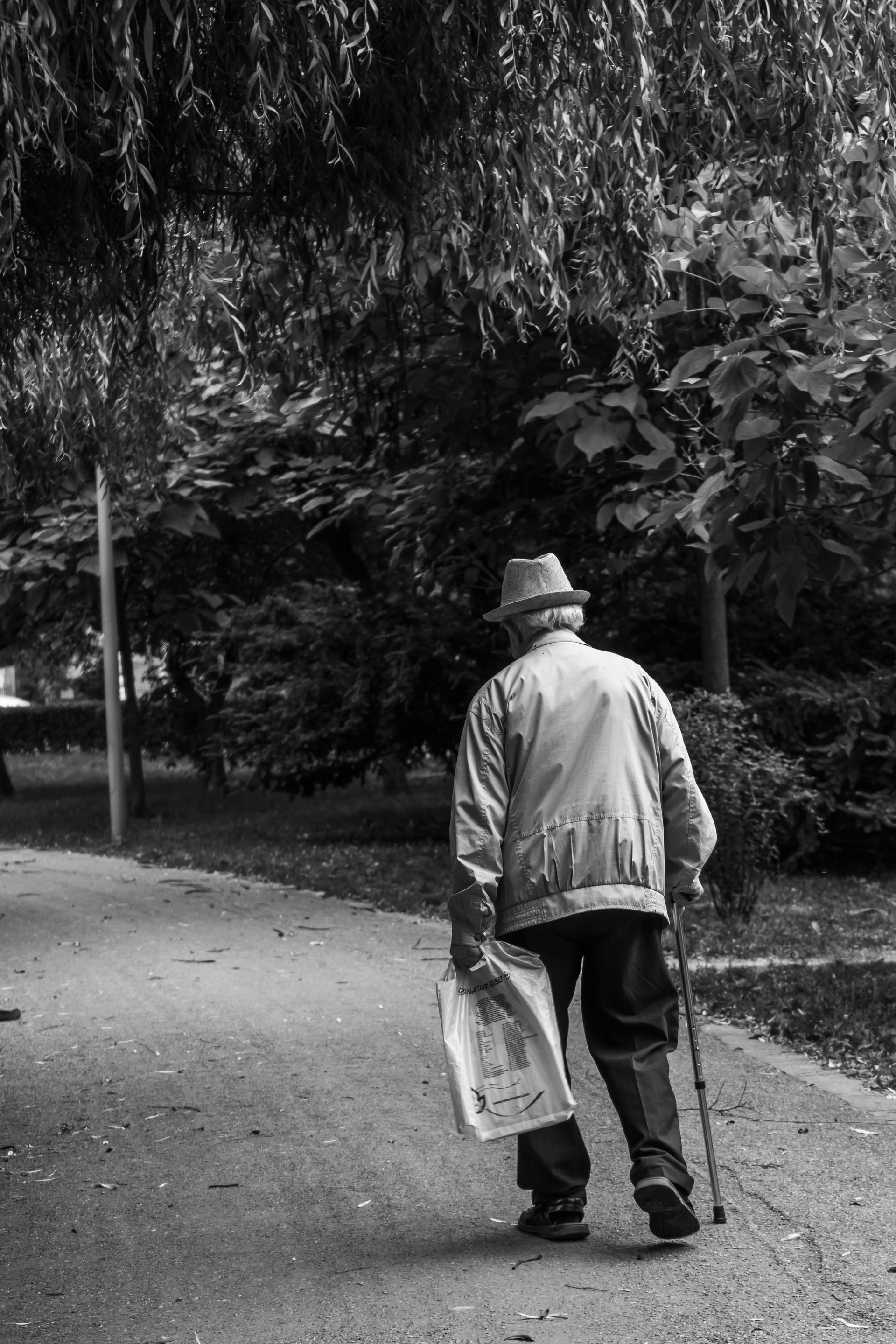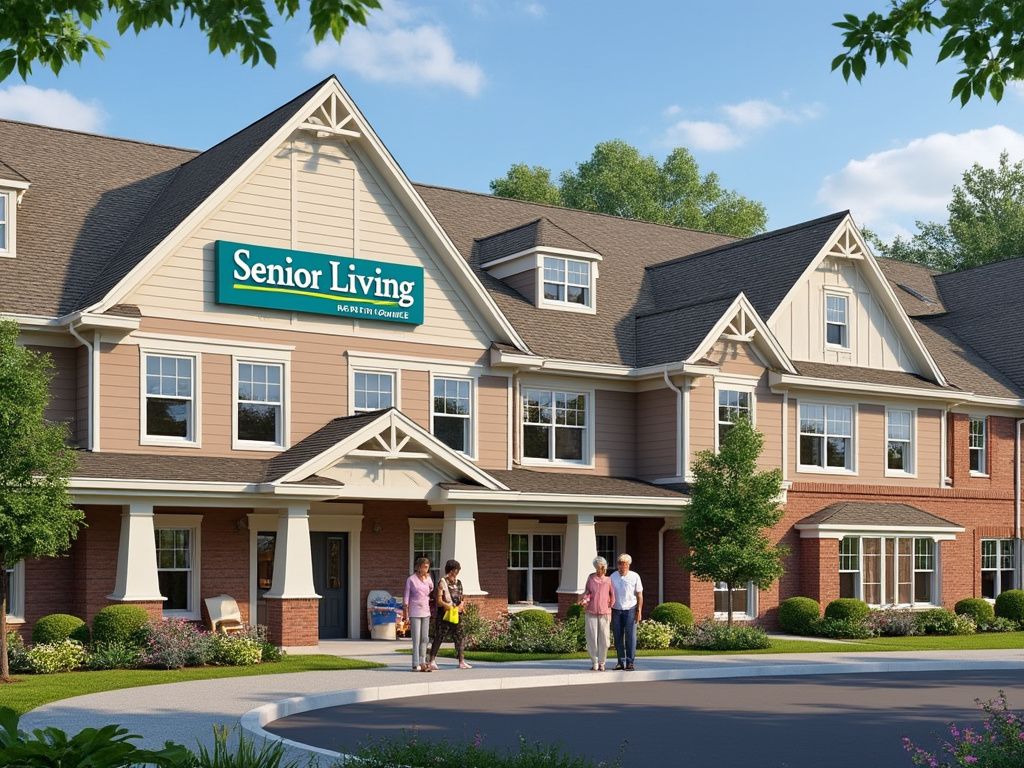The Hidden Gaps in Your Emergency Plan (And How to Fix Them)

You've seen the headlines. Another hurricane barreling towards the coast. Another heatwave pushing temperatures to dangerous levels. Another winter storm threatening to knock out power for days.
As a senior living facility owner or operator, these aren't just news stories – they're your worst nightmare.
Picture this: It's 2 AM. The wind is howling outside, rain lashing against the windows. The power flickers once, twice, then goes out completely. In the sudden darkness, you hear the first cries of confused and frightened residents.
Your staff looks to you, panic in their eyes. "What do we do now?"
In that moment, you realize with a sinking feeling in your gut: You're not as prepared as you thought you were.
Sound familiar? You're not alone.
As extreme weather events become more frequent and severe, senior living facilities across the country are facing a harsh reality: many aren't ready for what Mother Nature might throw their way.
But here's the thing – it doesn't have to be this way.
The High Stakes of Being Unprepared
Let's cut to the chase: when it comes to extreme weather, the stakes for senior living facilities are literally life and death.
Remember Hurricane Irma in 2017? Twelve residents of a Florida nursing home died from heat exposure after the facility's air conditioning failed. The tragedy sent shockwaves through the industry and led to criminal charges against staff members.
Or how about the Texas winter storm of 2021? When the power grid failed, nursing homes scrambled to keep residents warm and medical equipment running. Some facilities resorted to using car batteries to power oxygen concentrators.
These aren't isolated incidents. They're stark reminders of what can happen when we're caught off guard.
But here's the kicker: even if you avoid a headline-making disaster, being unprepared can still cost you dearly.
- Evacuations gone wrong can lead to resident injuries and lawsuits.
- Power outages can spoil medications and food supplies.
- Staff shortages during emergencies can result in neglect allegations.
- Lack of communication can damage your reputation with residents' families.
And let's not forget the financial hit. Emergency repairs, temporary relocations, and lost revenue can easily run into hundreds of thousands of dollars.
The Hidden Gaps in Your Preparedness
Now, I know what you're thinking. "We have an emergency plan. We've got this covered."
But do you really?
Barry Goldstein, CEO of Seven Acres Jewish Senior Care in Houston, thought he was prepared too. Then Hurricane Harvey hit in 2017.
"We realized our plan looked good on paper," Goldstein admits, "but when push came to shove, there were gaps we never anticipated."
Those gaps? They're lurking in your facility too. Here are just a few:
1. Outdated Plans: When was the last time you really updated your emergency procedures? Not just a quick once-over, but a deep dive looking at new risks and technologies?
2. Untrained Staff: Your night shift knows exactly what to do if the power goes out, right? Are you sure about that?
3. Inadequate Supplies: You've got enough food and water for three days. But what if roads are impassable for a week?
4. Communication Breakdowns: In the heat of the moment, can your team coordinate effectively with local emergency services?
5. Resident-Specific Needs: Does your plan account for Mrs. Johnson's oxygen dependency or Mr. Rivera's dementia-related wandering?
Here's the brutal truth: having a plan isn't enough. You need a plan that works when everything else is falling apart.
The Path to True Preparedness
Now, we're not here to just point out problems. We're here to light the way forward.
Natasha Bryant, senior director at LeadingAge's LTSS Center, puts it bluntly: "One of the things we've been seeing more of during these natural disasters and events is that people are not really thinking about the needs of older adults."
It's time to change that. Here's how:
1. Conduct a Reality Check: Bring in outside experts to evaluate your current preparedness. They'll spot the blind spots you've missed.
2. Invest in Training: Regular drills aren't just box-ticking exercises. They're life-saving rehearsals. Make them count.
3. Build Partnerships: Coordinate with local emergency services before disaster strikes. Know who to call and what help you can expect.
4. Upgrade Your Infrastructure: From backup generators to communication systems, make sure your facility can weather the storm – literally.
5. Personalize Your Approach: Every resident has unique needs. Your emergency plan should reflect that diversity.
6. Create a Culture of Preparedness: As Goldstein says, "A leader doesn't need a title." Empower every staff member to think critically about emergency response.
The Cost of Inaction vs. The Value of Preparedness
Let's talk numbers for a moment.
The average cost of a single lawsuit related to negligence during a natural disaster? It can easily exceed $1 million.
The cost of upgrading your emergency preparedness? A fraction of that.
But here's the real value: peace of mind. Knowing that when disaster strikes – and it will – you're ready. Your residents are safe. Your staff is confident. Your facility stands strong.
Can you put a price tag on that? I don't think so.
Your Next Steps
You've read this far. You know the stakes. You see the gaps. So what now?
1. Take Stock: Honestly evaluate your current preparedness. No sugar-coating.
2. Seek Expertise: Don't go it alone. Bring in professionals who live and breathe emergency preparedness for senior living facilities.
3. Act Now: Every day you wait is another day you're vulnerable. Start making changes today.
Remember, it's not just about compliance with CMS regulations. It's about doing right by your residents, your staff, and yourself.
You went into this business to care for people, right? Well, this is care at its most fundamental level – keeping people safe when they're at their most vulnerable.
A Lifeline in Uncertain Times
Here's the deal: navigating the complex world of risk management and insurance for senior living facilities is tough. Especially when you're also trying to run a top-notch care facility.
That's where we come in.
At Echo Assurance, we don't just sell insurance policies. We're your partners in preparedness. We understand the unique challenges faced by senior living and long-term care facilities because that's all we do.
We'll work with you to:
- Identify gaps in your current preparedness plans
- Develop tailored insurance solutions that actually fit your needs
- Provide ongoing support and expertise to keep you ahead of emerging risks
Don't wait for the next disaster to find out if you're truly ready. Reach out to us today for a no-obligation discovery call. Let's make sure you're prepared for whatever Mother Nature throws your way.
Because when it comes to protecting your residents, your staff, and your facility, you can't afford to be caught off guard.
Are you ready to weather any storm? Let's talk.











